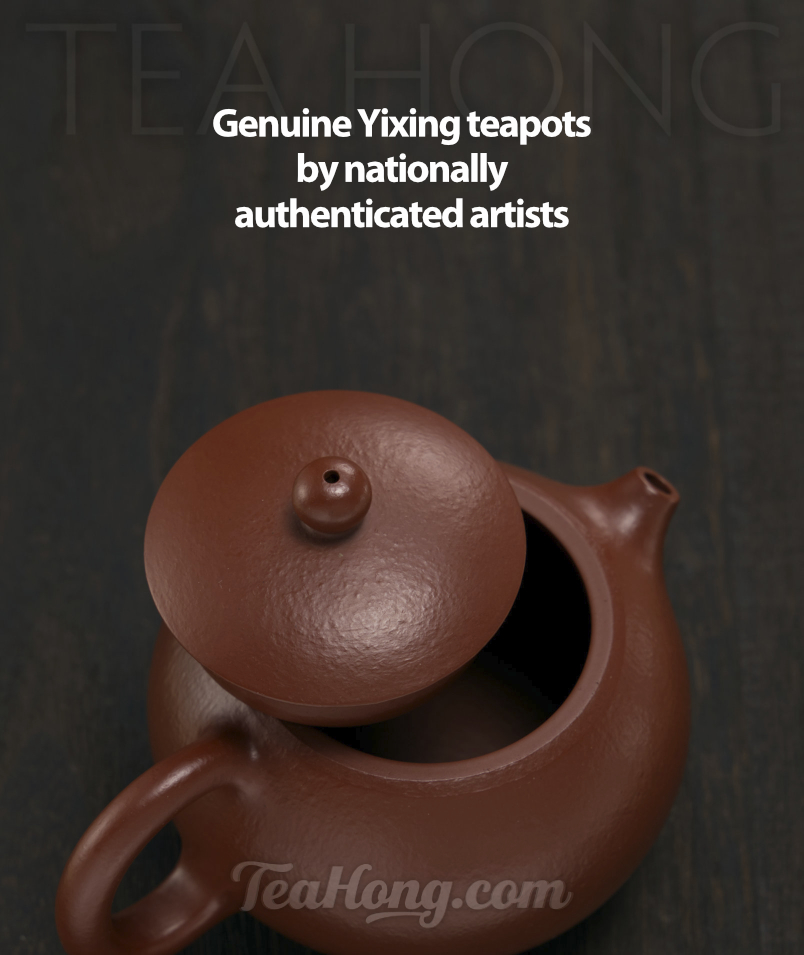Uji Gyokuro, Classic Representation of Japanese Green Tea
notes on gyokuro and longevity with green tea

According to a cohort study in Japan, the more green tea one drinks, the less likely that person dies prematurely, of all death causes.
green tea: reduced mortality from all causes
From weight-watching to safe-guarding your blood vessels, green tea may well be the most potent health drink of all time. “Green tea consumption is associated with reduced mortality from all causes,” concluded Dr Etsuji Suzuki, who led a 6-years-study following the tea habit and mortality of over 12,000 elderly men and women in Shizuoka (5). Although a large number of international studies have already pointed out the various health potential of green tea, Suzuki and his fellow researchers felt that some solid numbers have to be found to prove or disprove whether the green tea habit really benefits the individual in real life situation. For the location of the study, they picked Shizuoka, the most productive green tea region in Japan and loose leaf tea is a cultural habit. Individuals are selected through a certified random mechanism ensuring a pool of people of various life-style and health backgrounds, aged between 65~84 are included in the study. They are grouped rather by their green tea habit, which ranges from less than 1 cup a day to more than 7 cups a day.
more tea, more health, more life
And here is the striking conclusion after 6 and a half years: the group that drank less than 1 cup a day had 42.3 deaths per 1000 person-years, while those who drank over 7 cups a day had 14.4 deaths per 1000 person-years. In plain English, that means people who drink more green tea are 3 times less likely to die early of various causes!
Don’t be frightened of the large volume of tea — the daily Japanese teacup specified in the study holds 60 to 90 ml of tea; 7 cups means at most 630 ml, i.e. slightly more than 4 standard “English” cups (150 ml or 6 oz each). Four cups of tea a day seems to be an easy way to live longer and healthier, isn’t it?
is gyokuro your type of tea?
In terms of chilly TCM nature, gyokuro, as a yin-heavy steamed green tea, may be second only to new shengcha puer in TCM cold-energy. It is therefore not a suitable all-day drink for weaker stomachs and people lacking enough exercises. Women during menstruation should drink this only moderately if at all, particularly those who experience discomforts with the period.
With the heightened concentration of amino acid, gyokuro contains more theanine, a compound closely related with amino-acids. Theanine has been found to relax the mind, reinforce the immune, and work with caffeine in synergy to improve focus. This is a strong reason if health effect is high in your tea selection criteria.
This tea is also high in caffeine, correlatedly (4a). Though no comprehensive data has been audited throughout all varieties and qualities, count 50 mg per 150 ml cup, or 33mg per 100 ml cup, for your safety, if you are watching your intake.
If you’d like to use a fine green tea regularly, but worry about the chilling effects, maybe you can consider other varieties that are roasted or baked, which chilly TCM nature is much toned down through the processing. There are other advantages too: the wide range of fine roasted and baked green tea varieties offers options of different taste characters, gastronomic depths, price levels and most are whole-leaves.
Green tea is the most effective health drink if you need it to guard against all those health enemies. Use hotter water to release more of gyokuro’s tea polyphenols (catechins mostly) for your health, though this would unleash the tea’s astringency and bitterness that somehow easily stand out from the “umami”aspect of its taste.
footnotes
4a. Most seasoned tea drinkers would have understood that the amount of caffeine is proportional to the amount of theanine in green tea, which are both positively related to quality. Many studies have given figures, but the most classic one is from M. Nakagawa, who analysed a wide selection of Japanese green tea at various qualities, including gyokuro, reported in Chemical Components and Taste of Green Tea, Tea Technology Division, National Research Institute of Tea, Japan 1975
5. E Suzuki at al, Green Tea Consumption and Mortality among Japanese Elderly People: The Prospective Shizuoka Elderly Cohort, Annals of Epidemiology 2009;19:732–739. This was a research funded by the Japan Health and Labour Sciences Research Grants, Comprehensive Research on Aging and Health, and modeled after a previous study led by Dr Shinichi Kuriyama in Hokkaido in 1995-2001 following a subject group of over 51,000 individuals: the famous Ohsaki Study. Both studies have come to similar conclusion.












I drink green tea and relax.
green tea and a smoothie- wow i love this!